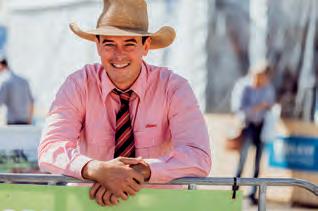
3 minute read
Regenerative Farming
Written by: Brendan McGee, Agronomist, Elders Beaudesert
Over the past year the cost of production has increased due to factors off farm, like a drought that causes the price of grain and fodder to increase to prices never seen before; covid causing disruption in the supply chain; or a foreign war causing uncertainty around fuel and fertilizer supply causing once again prices to spike, all things which the Australian farmer has no control over. What if you had better balanced pastures that could minimise your exposure to these events? The growth of regenerative agriculture over the past decade has been enormous and is now considered mainstream to the point that most people have heard of the term but perhaps aren’t sure what it actually means.
Advertisement
A quick definition of Regenerative Farming is “Farming techniques and methods of land management that are designed to restore soil productivity by measures such as crop rotation, planting ground cover, protecting the surface with mulch, and reducing the input of synthetic chemicals and mechanical compaction”. In other words - getting the most out of your biggest and most consistent asset on your farm - the soil.
So, what things can you do to make these systems a reality on your property? There are a lot of simple ways that you can make better use of your grazing pastures like the use of fencing to improve pasture utilisation to stop stock from preferentially grazing pasture and wasting feed by walking it in. Pioneer Regen grazier, Gabe Brown says you need a balance - “You want to use two thirds of the pasture for the critters above the ground and a third for the critters below” meaning, you want to feed the soil biology as well as the animals that are grazing the paddock.
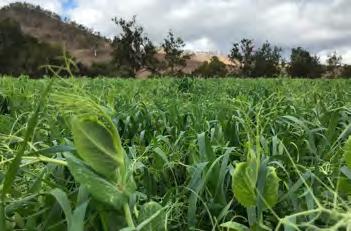

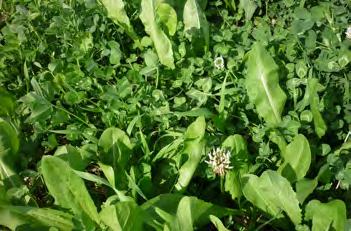
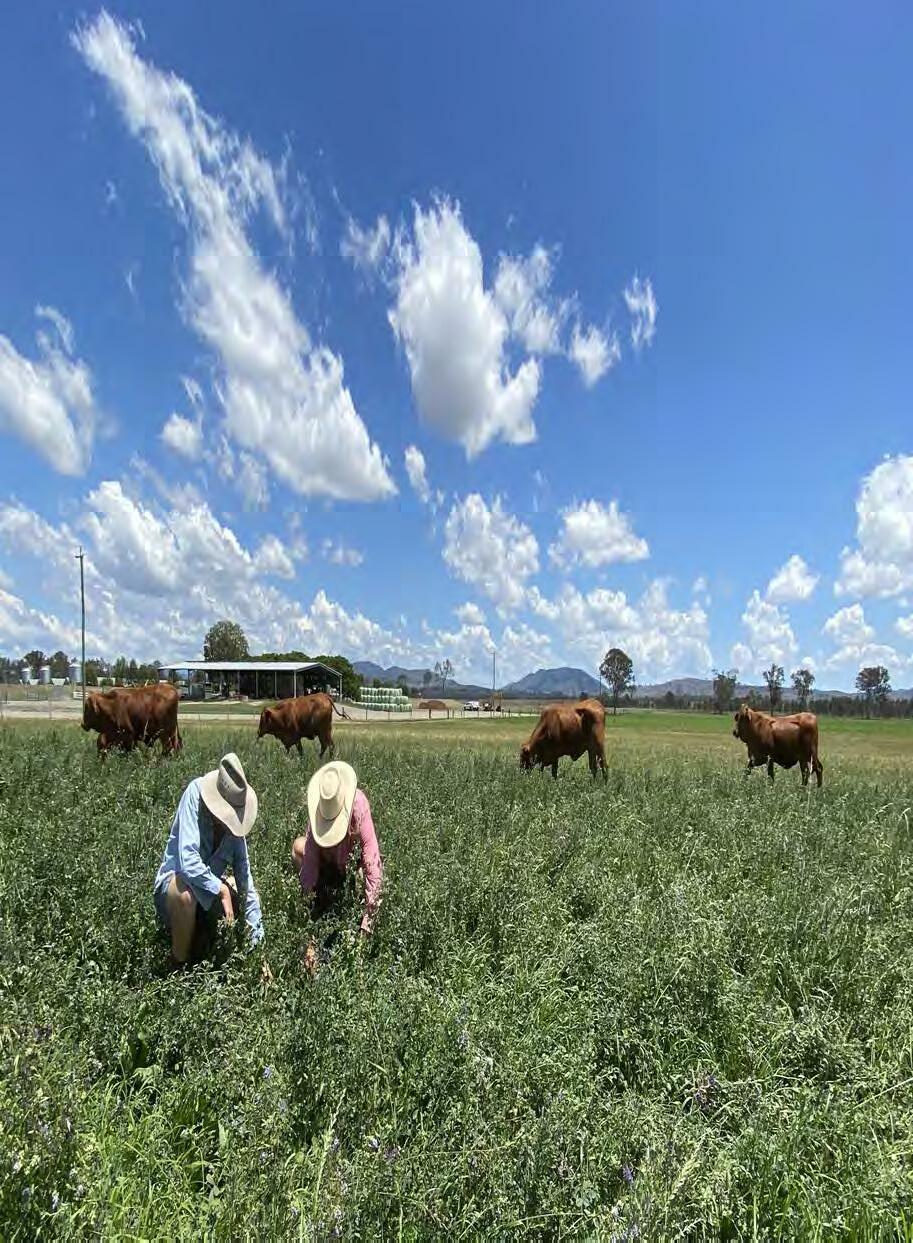
The diversity of pasture species is important to soil biology as well as production. The pastures we create for clients are made to suit specific needs of their production system; for example, the use of turnips to build soil and break up soil compaction or including legumes that fix nitrogen into the soil. During the drought these pastures were out-yielding other pastures in dry matter but also, they were able to still achieve good weight gains with little to no additional water from irrigation. When it was dry, the use of pastures with herbs like Chicory and Plantain had higher protein levels that worked well with the low protein hay that was being feed at the time.
The biggest pushback that we get when doing these types of mixes are the initial costings to plant the mixed species in comparison to a standard monoculture crop like oats and barley. Initially these pastures tend to be more expensive however, they also persist for multiple years following establishment and last longer than 6 months unlike traditional pasture species. In most cases the cost of these pastures is usually close to the same as 2 seasonal plantings. One main benefit with using perennial pastures is that they regenerate from the seed that is dropped in the previous season. Therefore, reducing the cost of seed, labour, and overall running costs. There are so many advantages for both soil and animals from using Regen practices and more pasture diversity. If you would like more information about anything or to talk about what would suit your grazing systems, Brendan can be contacted via:
Mobile - 0422 317 828 and Email - brendan.magee@elders.com.au
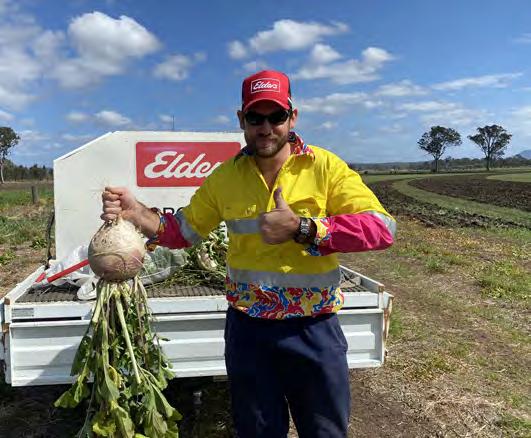
FOR TRUSTED ADVICE TO GROW YOUR LIVESTOCK BUSINESS
Your Elders Beaudesert team specialises in marketing commercial and stud genetics. Take advantage of Australia's largest livestock network and call our team today.
Livestock Agency Pasture & Feed Testing Soil Testing Animal Health & Rural Products Seed & Fertiliser Agronomy Services
Elders Beaudesert 28 Telemon Street 07 5542 5900 dg_beaudesert@elders.com.au Territory Sale Manager Carl Young 0437 233 803
